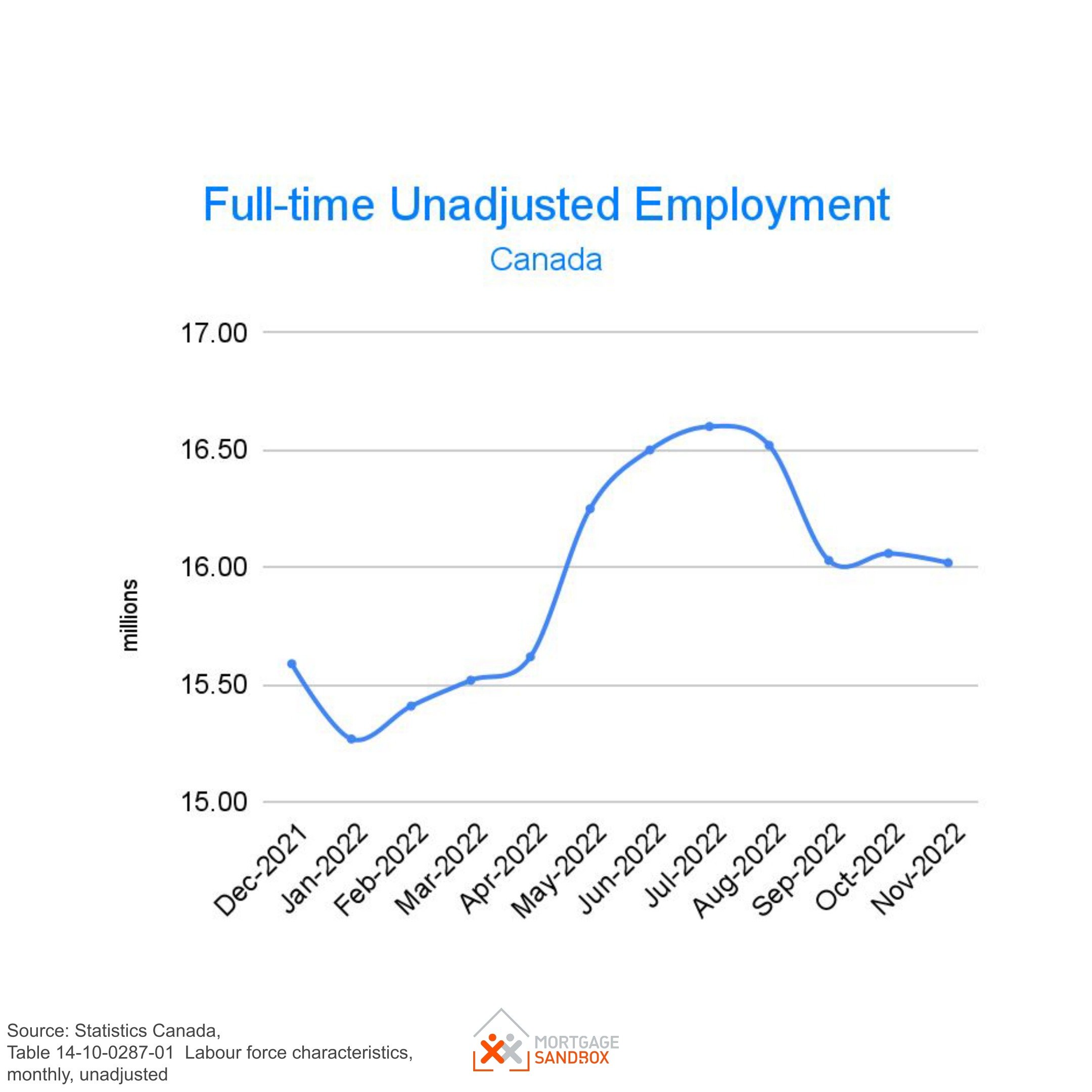Canadian Boomers are Quitting the Workforce
As far back as 2008, CNN reported on the expected effects of Baby Boomers (the largest generational cohort) retiring from the workforce. Challenges cited in the 2008 article include:
A shortage of qualified staff for specialised areas
The majority of hiring managers say young employees are difficult to recruit
Many employees can negotiate for higher salaries and flexible schedules
Businesses are struggling to keep top performers
These all sound familiar. No?
The Pandemic didn't cause the problem, labour force participation has been falling since 2004, but it has accelerated Baby Boomers' run for the exit door. Many who would have been happy to work for several more years decided to leave the labour force between 2019 and 2022.
The falling workforce participation helps to explain why unemployment remains low while job growth has been weak.
Many Baby Boomers, with million-dollar homes bought in the 1980s and 1990s, feel no need to navigate hybrid work, figure out how to work alongside bots, or deal with instant messaging apps like Microsoft Teams, Slack, and GoogleChat.
What does this mean for the real estate market? Many boomers might rightsize (i.e., downsize), and it could lead to an increased supply of large single detached homes.
While plenty of people would love to live in those homes, it seems doubtful that enough Canadians can afford to buy them at current prices.
The result of this mismatch could be a long-term slide in the value of these large "luxury” homes. Particularly in Vancouver and Toronto.





